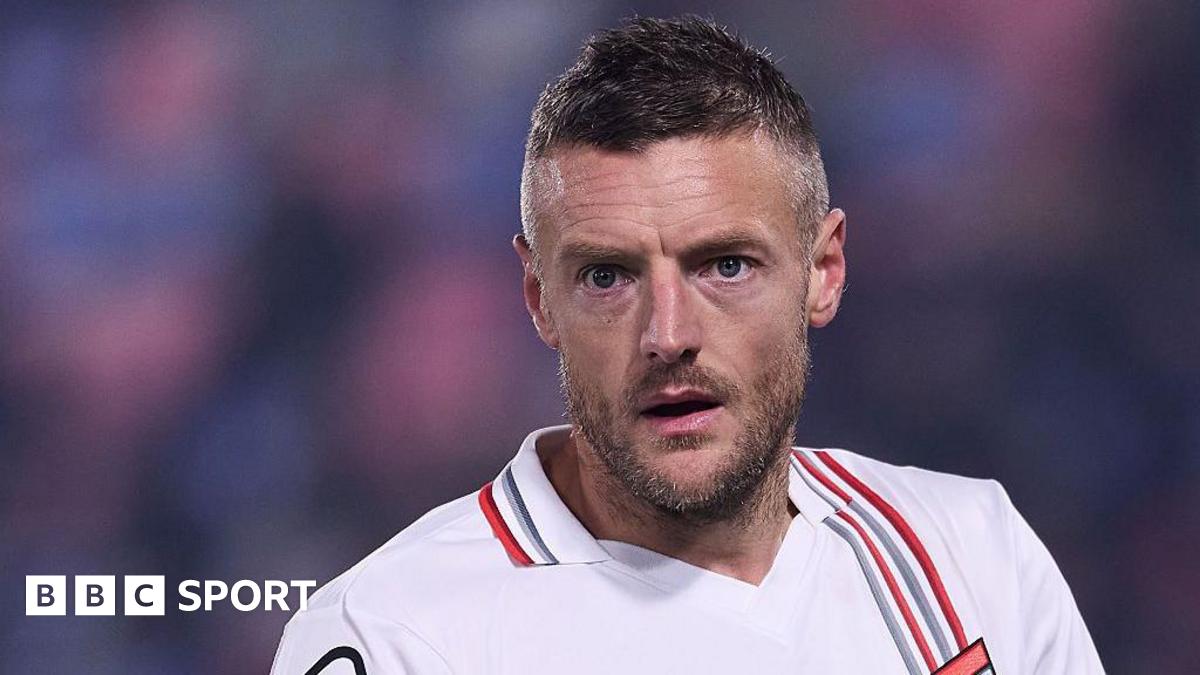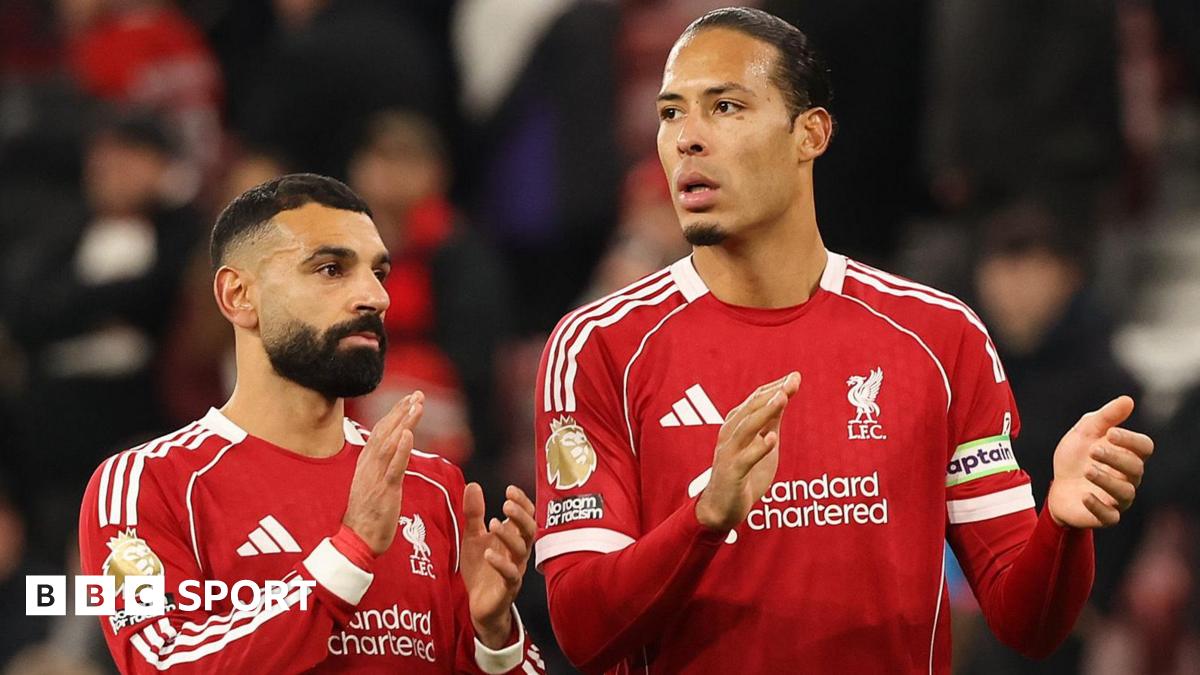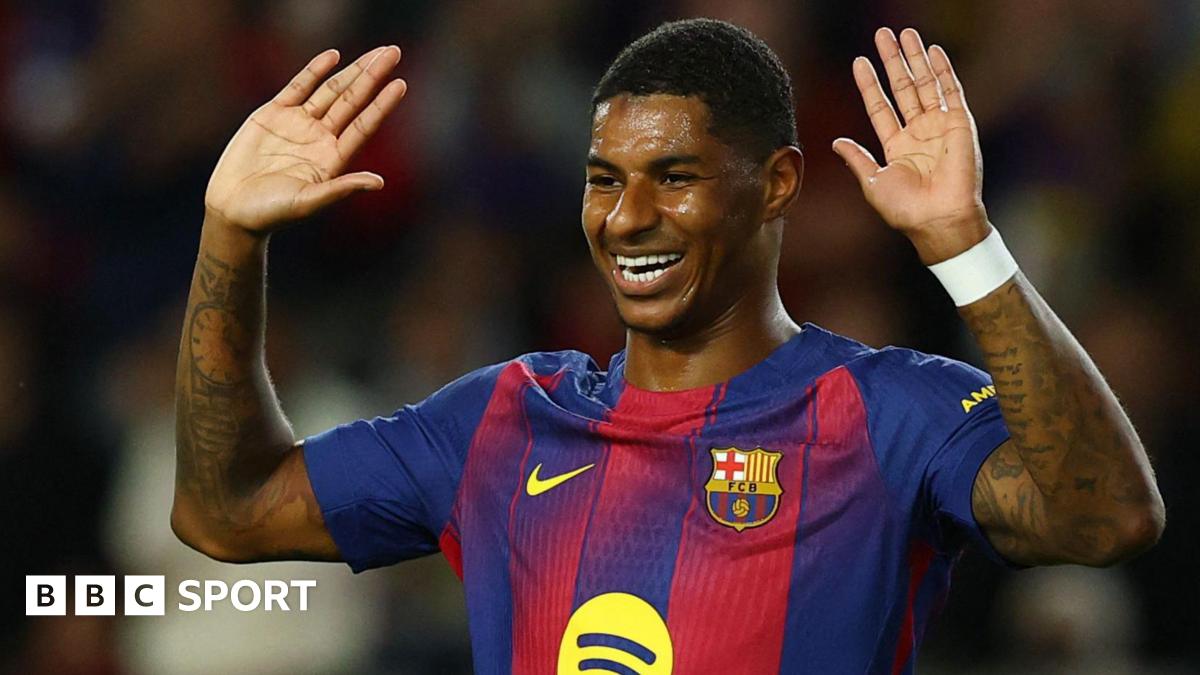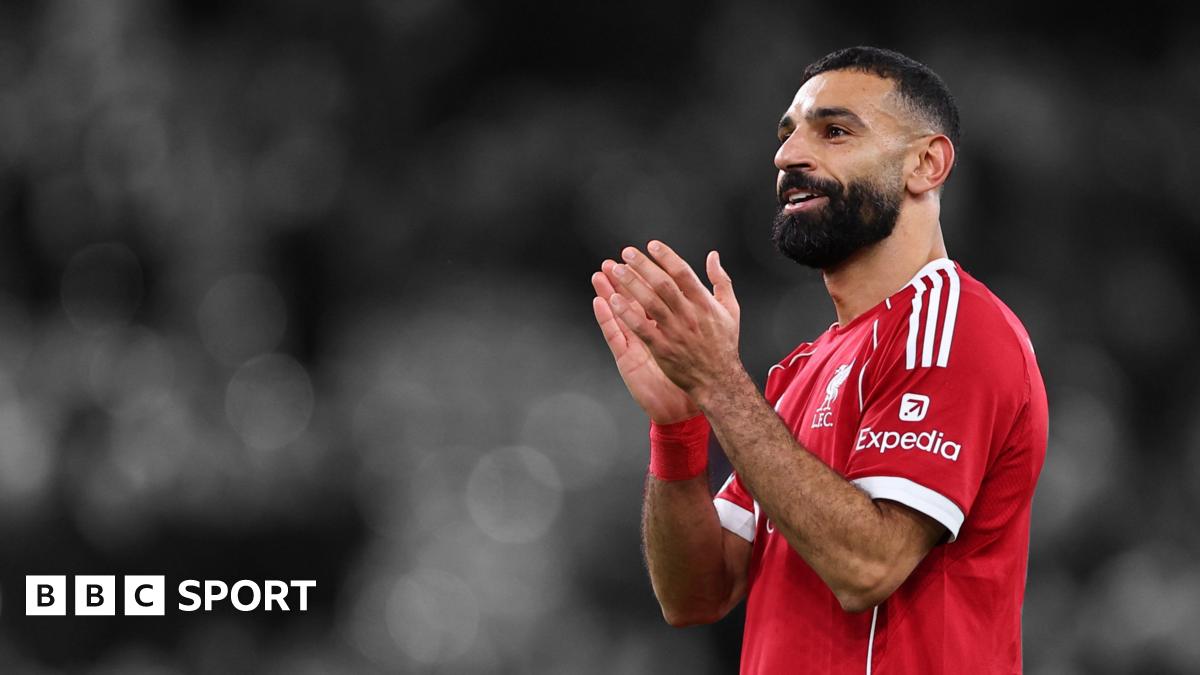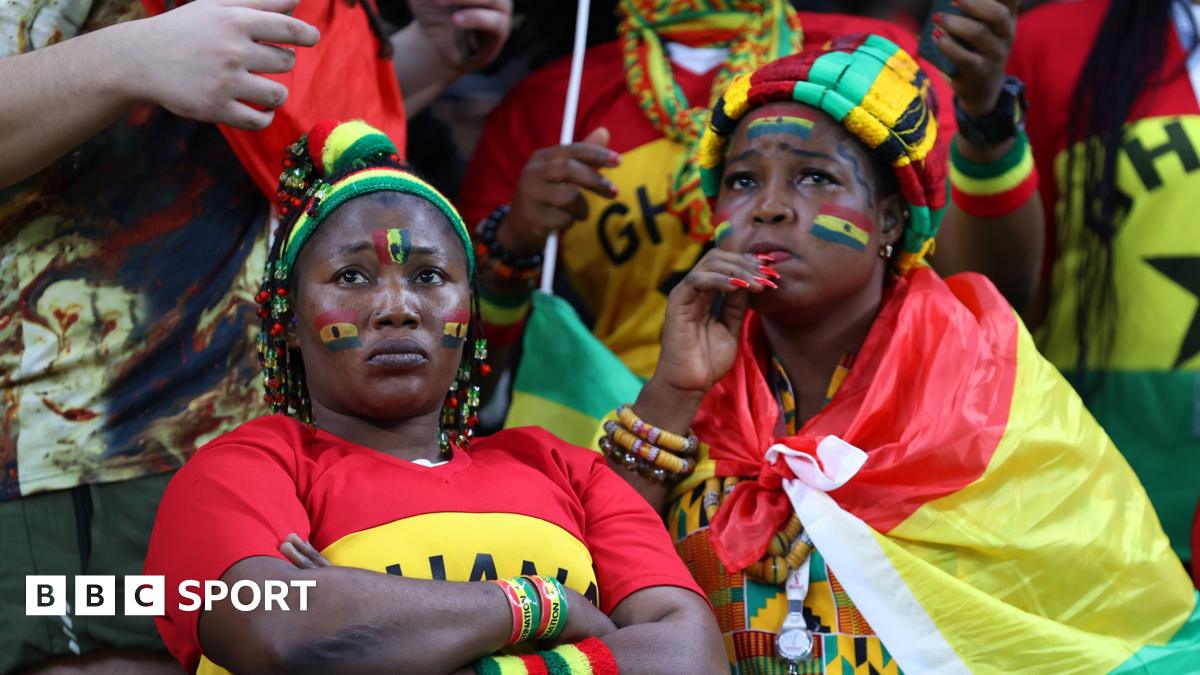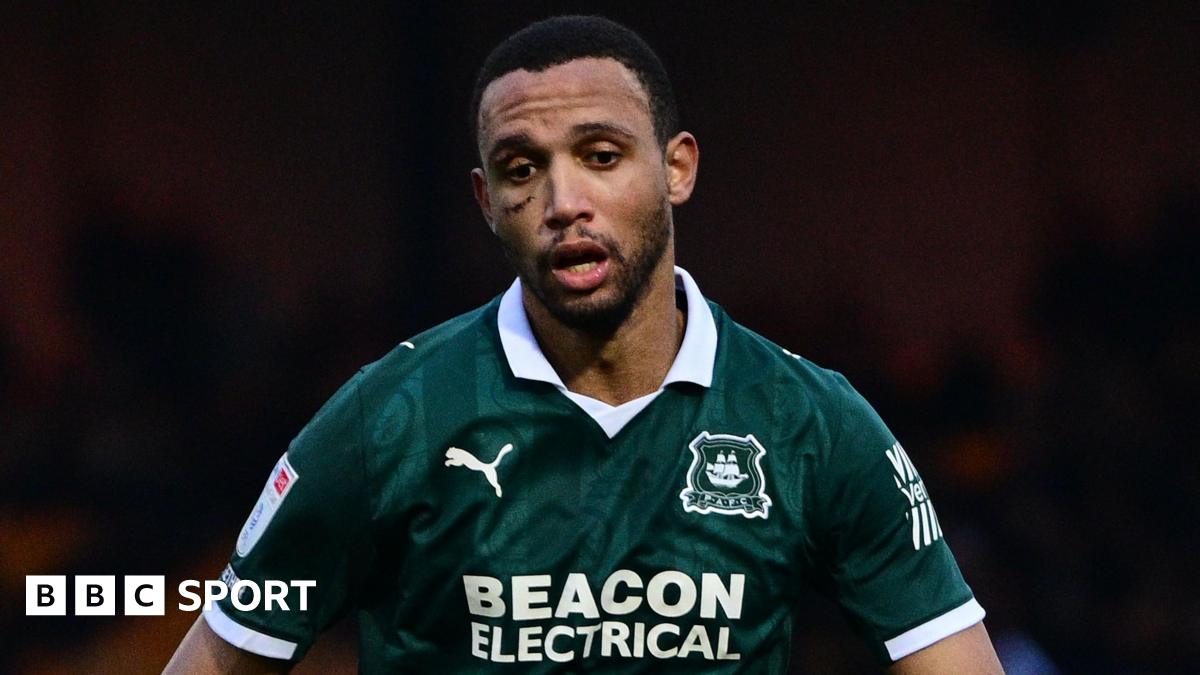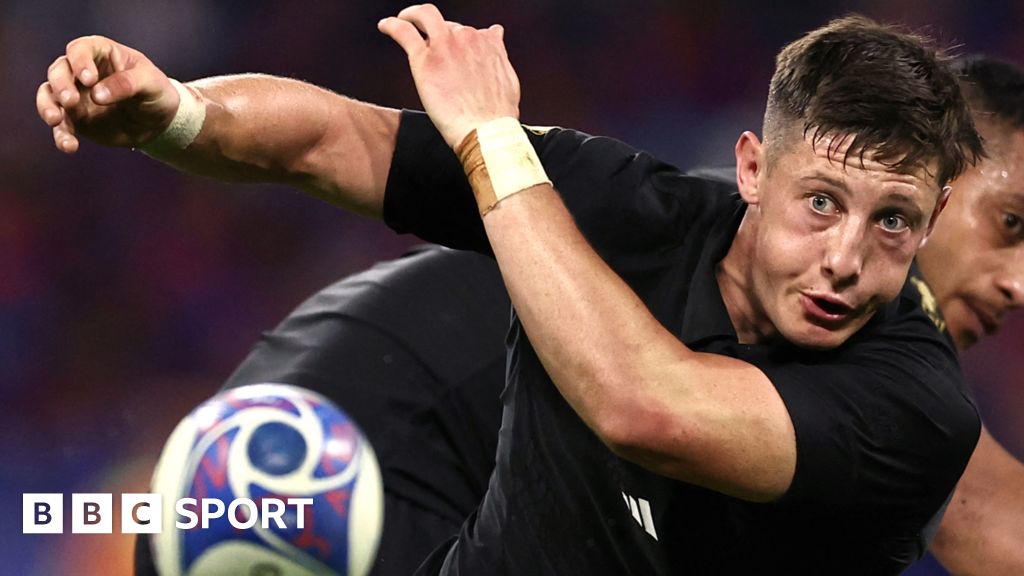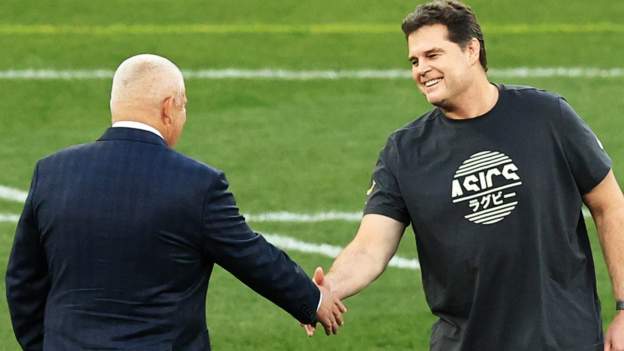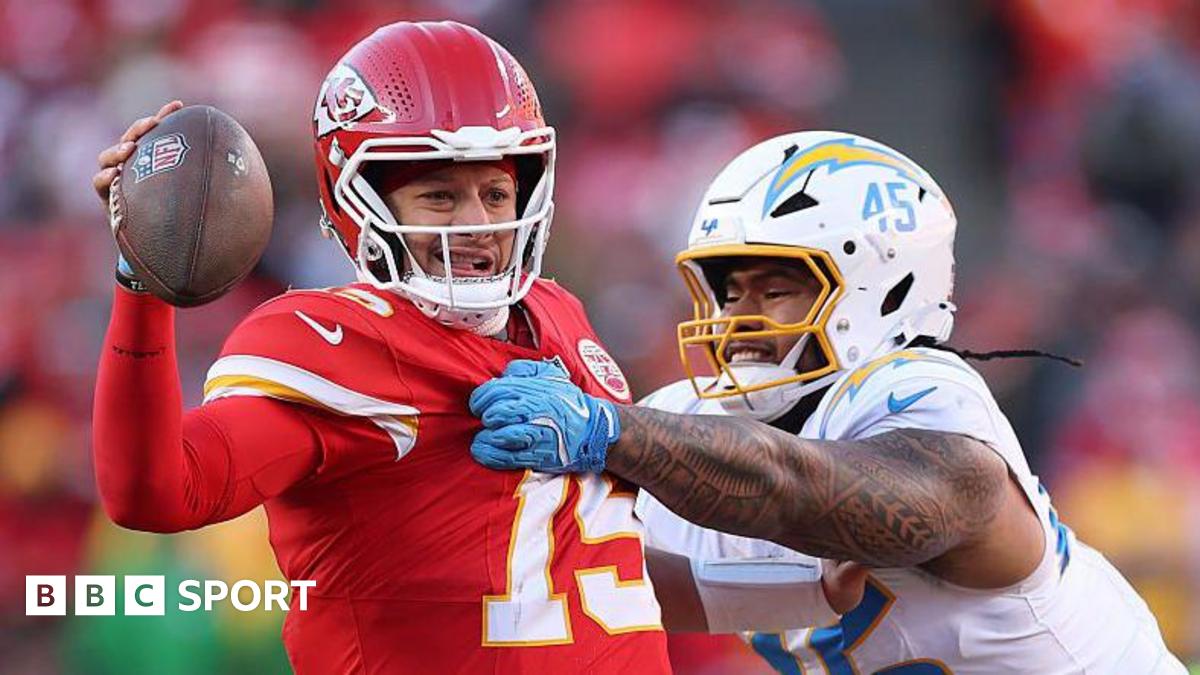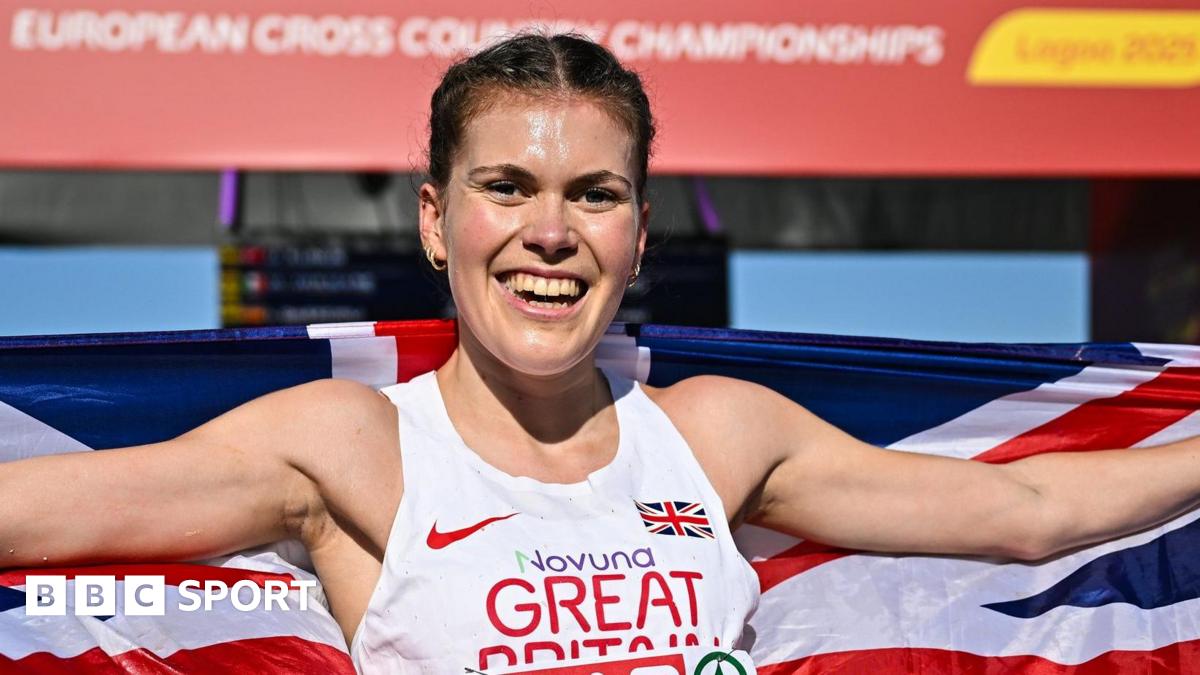It had certainly come at a bad time.
With All Black great Aaron Smith retiring after last year’s World Cup, new coach Scott Robertson getting his feet under the table and Roigard having lit up the Super Rugby season, the 23-year-old was presumed by most to be New Zealand’s new first-choice scrum-half.
In a talent pool of such prodigious depths, though, spend some time out of the set-up and you can soon sink without trace.
Forced to rest for a couple of weeks after being sliced, stitched and fixed, Roigard stewed over a prognosis of at least six months out.
“I wouldn’t say I got into a hole, but I guess there are times you feel sorry for yourself, especially early doors after my operation,” he says.
But Roigard has never felt sorry for himself for long.
As a small, slow kid, he had to sharpen his skills to make up the gap on more naturally gifted players.
As an emerging teenage prospect, his local selectors in Waikato still had doubts, thinking Roigard had already maximised his potential and peaked.
Each time, he doubled down. He upped sticks, leaving home to find a new pathway and working harder, in steel mills and on building sites, as well as on the pitch, to prove them wrong.
“When I was really young, I was the smallest,” he remembers.
“I got told pretty early on that I needed to learn to pass off both hands because I wasn’t big enough to run through everyone and wasn’t fast enough to either.
“So having a good skillset was what I thought would set me apart from other kids. That was what I prided myself on, along with my fitness.
“There were certain talent identification people in my home region saying I wasn’t going to get any better when I was 17.
“Those decision and opinions can have a big influence on young kids’ careers, but I was able to push that aside.”

